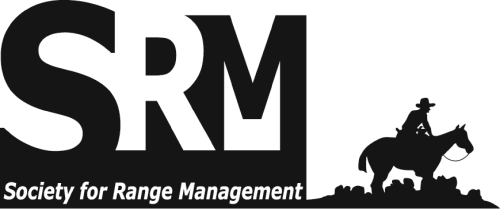Over the years, extension and advisory services approaches for rangeland and natural resources management have undergone major changes worldwide. The emphasis on interdisciplinary, holistic and sustainable management of natural resources, compounded by low technology adoption, led to the shift from top-down approaches towards participatory approaches in extension. With this shift in mind, we synthesized information on extension practices that employ participatory approaches and apply local knowledge in developing sustainable rangeland and natural resources management strategies. The open access resource (http://globalrangelands.org/international_outreach#.UiD2jD9H3To), provides free access to evaluated links as well as summaries of selected documents on outreach and extension practices relevant to community development and natural resources management. We synthesized information from a variety of sources and disciplines, but the practices and approaches can be adapted to rangeland and natural resources management efforts. This resource was developed mainly to demonstrate: (1) successful collaborations between extension agencies and local communities; (2) that community participation is critical in identifying local needs and issues affecting community livelihoods; and (3) the adoption technology and services that directly address those needs. The two broad approaches highlighted in the web resource are Participatory Action Research (PAR) and innovation systems. PAR emphasizes collaboration, democratic decision making and common action, which strengthens mutual understanding, consensus building and potential for addressing local problems while furthering the goals of science. The concept of innovation systems views innovation as a process through which knowledge is generated by adopting a more interactive and inclusive networking approach in order to improve knowledge flow from users, extension and/or technology developers. The main message is that extension programs should focus on facilitating the development of relevant technology and transferring it, building human and social capital, and educating land users to manage natural resources sustainably.

Oral presentation and poster titles, abstracts, and authors from the Society for Range Management (SRM) Annual Meetings and Tradeshows, from 2013 forward.